News

Nov 08, 2024
Uncharted territory: A Q&A with Nanyin Zhang on mapping brain activity
To understand how different regions of the brain work together, researchers use a method called resting-state functional magnetic resonance imaging (rsfMRI). The method measures brain activity by observing changes in blood flow to different parts of the brain; however, rsfMRI does not explain how these blood flow changes to different brain regions relate to what is happening with the brain’s neurons — cells that send and receive messages in the form of electronic signals.
Full Article

Nov 05, 2024
Distinguished professor in plant nutrition retires after long, impactful career
Jonathan Lynch, distinguished professor of plant nutrition, retired this fall after an innovative and impactful 33-year career in Penn State’s College of Agricultural Sciences, focused on conducting research to alleviate world hunger and enhance crop production by subsistence farmers in developing countries.
Full Article
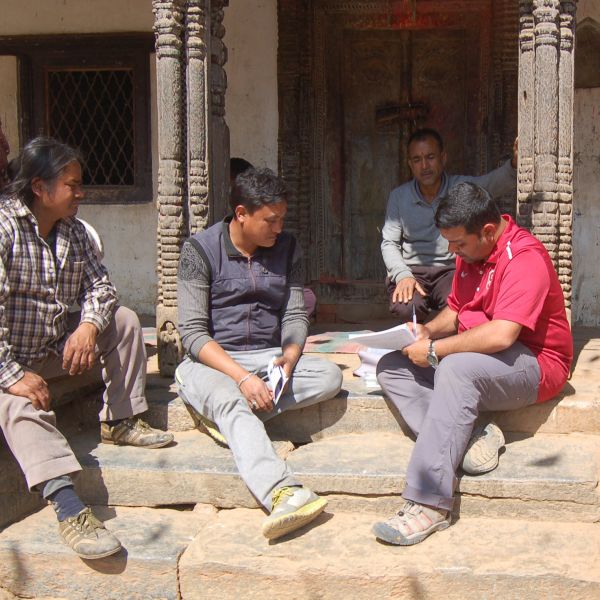
Nov 05, 2024
Microbes in mouth reflect lifestyle choices
New study in Nepal reveals that oral microbiomes differ among traditional foragers, agriculturalists and industrialists, and with behaviors like smoking and diet
Full Article
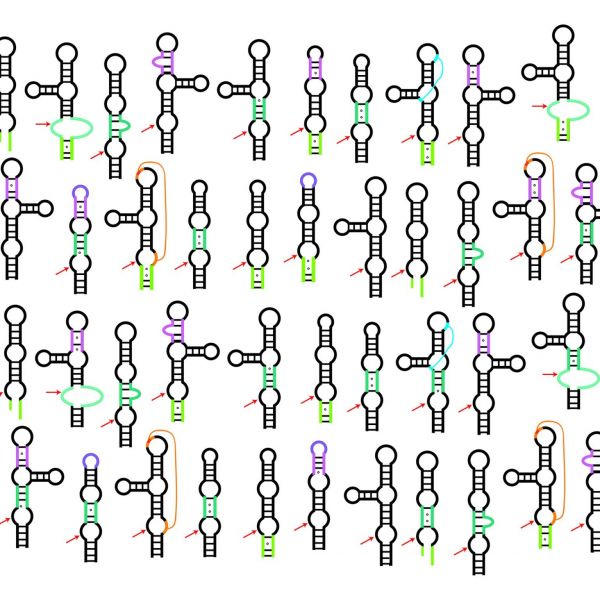
Nov 05, 2024
Testing thousands of RNA enzymes helps find first ‘twister ribozyme’ in mammals
A new method, developed by Penn State researchers, can test the activity of thousands of predicted ribozymes in a single experiment.
Full Article
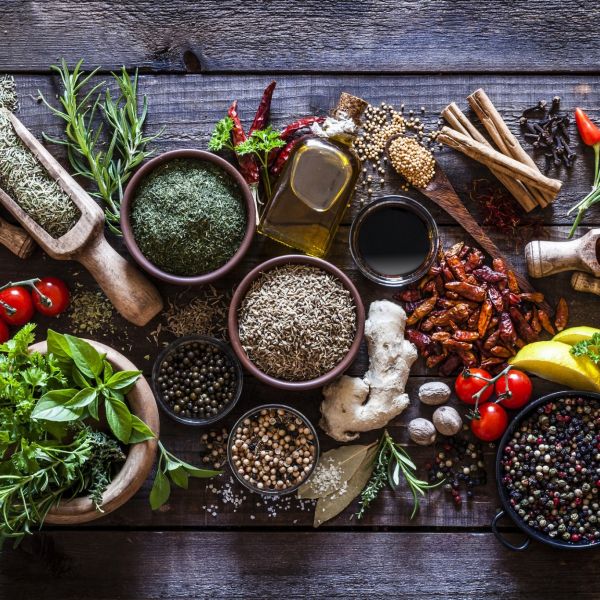
Nov 04, 2024
Nutritional sciences researchers receive funds from McCormick Science Institute
Researchers from the Departments of Nutritional Sciences and Food Science at Penn State have recently received $420,000 in funding from the McCormick Science Institute (MSI) to study the use of herbs and spices in school lunch recipes over the next two years.
Full Article
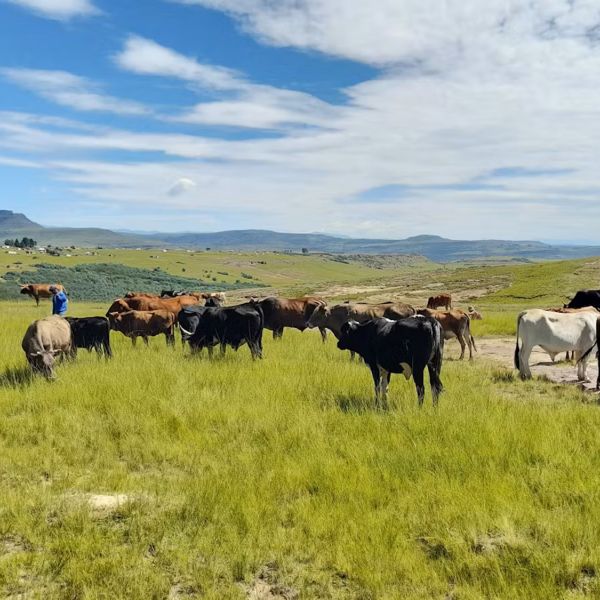
Oct 31, 2024
$1.3M NSF grant to fund research into restoration of degraded ecosystems
An international team of researchers led by Ida Djenontin, assistant professor of geography at Penn State, was recently awarded a $1.3 million grant from the U.S. National Science Foundation’s Dynamics of Integrated Socio-Environmental Systems program to investigate the socioecological outcomes of restoration in degraded woodlands ecosystems.
Full Article
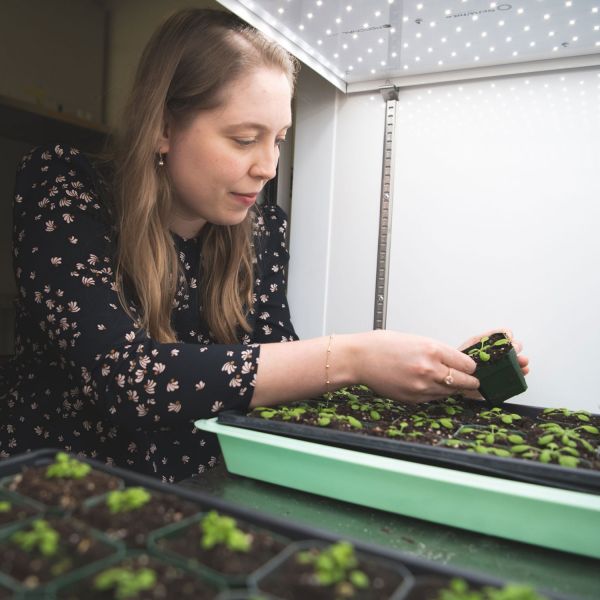
Oct 31, 2024
Stem cell-like approach in plants sheds light on specialized cell wall formation
New method reprograms isolated plant cells to form other cell types.
Full Article
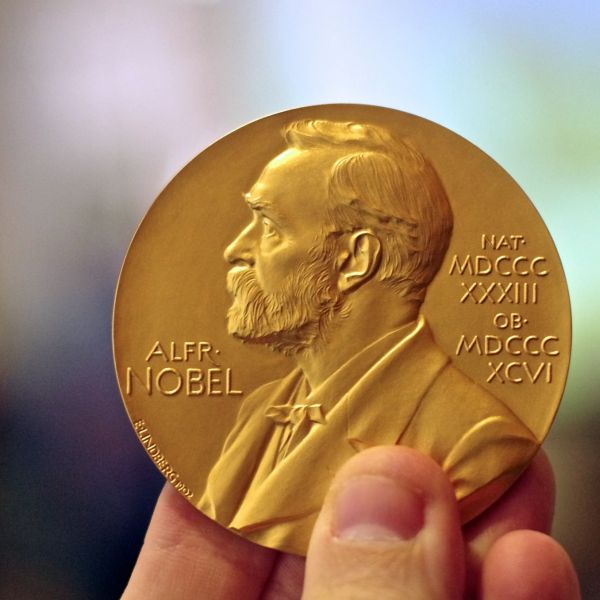
Oct 31, 2024
Huck researchers reflect on the 2024 Nobel Prize in Chemistry
This month, the Nobel Prize in Chemistry was awarded to three scientists credited with historic breakthroughs surrounding proteins and their structures. Three Huck researchers working on similar challenges chime in with their thoughts.
Full Article
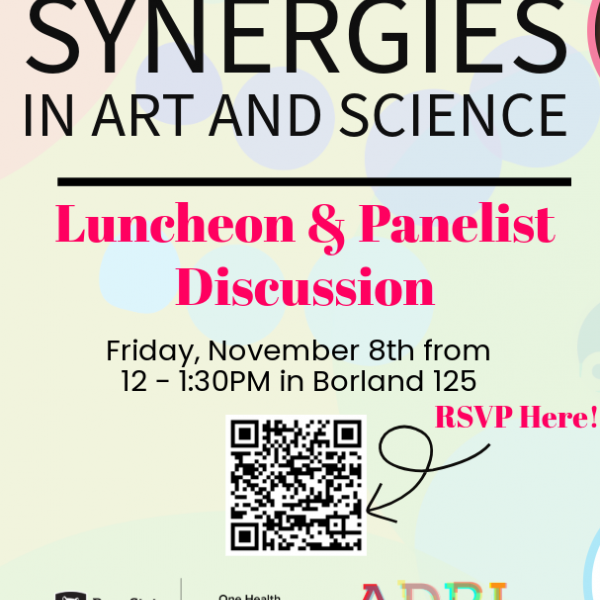
Oct 30, 2024
Panel discussion to highlight art and science collaborations
Faculty and postdoctoral scholars exhibiting their work in the “Synergies in Art and Science” exhibition at the Borland Project Space (BPS) will participate in a panel discussion, open to the public, on Friday, Nov. 8, noon–1:30 p.m., in the BPS, 125 Borland.
Full Article
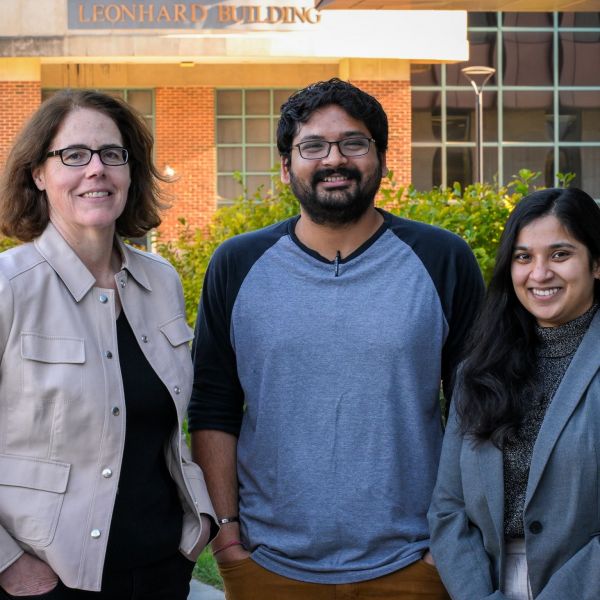
Oct 30, 2024
New initiative in Law, Policy and Engineering trains state governor’s fellows
Faculty and staff in Penn State’s Law, Policy, and Engineering initiative (LPE) were recently tapped by the governor’s office to lead a two-day training program in September in Harrisburg on science and technology policy.
Full Article